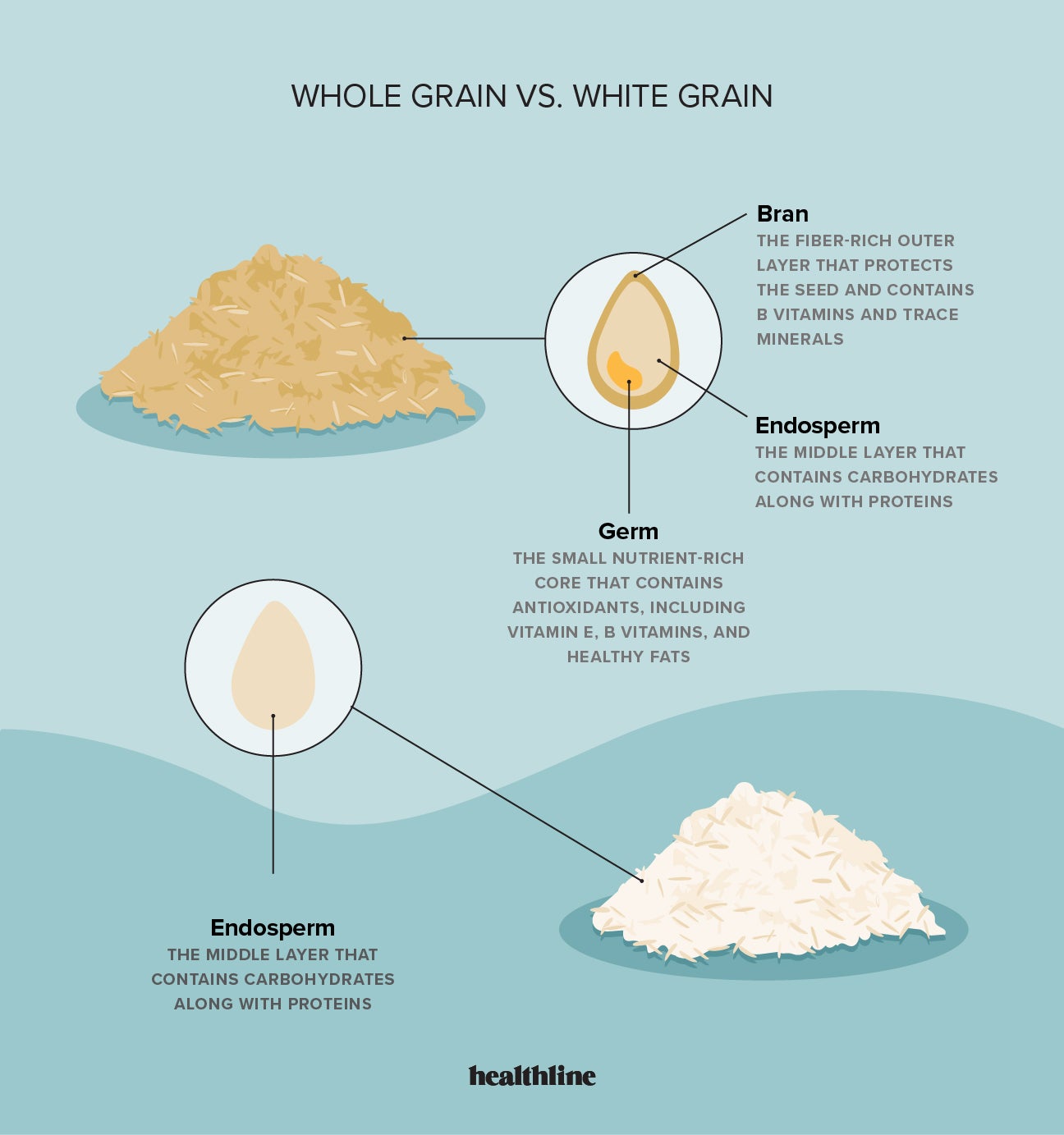Introduction to LeBron James Diet for Optimal Performance
As one of the most recognizable sports figures in history, LeBron James not only excels on the basketball court but also exemplifies an unwavering commitment to his fitness and nutrition. The LeBron James diet is tailored to maximize his performance and resilience, helping him thrive in the high-pressure environment of professional sports. Understanding the specifics of his nutrition plan can provide valuable insights for athletes and fitness enthusiasts alike, as it emphasizes the importance of a balanced diet in achieving peak performance.
This article will delve into the various aspects of LeBron James's nutrition plan, exploring his meal prep strategies, fitness routines, and dietary choices that enable him to maintain energy and recovery. Whether you’re an aspiring athlete or just seeking to improve your healthy eating habits, LeBron’s approach offers practical guidance on nutrition for performance. Key takeaways will include meal timing, hydration tips, nutrient-dense food recommendations, and insights into how professionals manage their diet for optimal physical conditioning.
Essential Components of the LeBron James Nutrition Plan
Building on the principles of peak performance, LeBron's nutrition plan centers around a balanced diet that emphasizes whole foods and nutrient density. His approach to sports nutrition is designed not only to fuel intense workouts but also to support long-term health and recovery. Here we will break down the fundamental components of his diet.
Macros and Calories: The Foundation of Performance
The LeBron James diet is meticulously crafted to ensure a precise balance of macronutrients, primarily focusing on high-quality carbohydrates, lean proteins, and healthy fats. A typical day might involve getting over 5,000 calories to keep up with his training intensity and energy expenditure. This allows for optimal muscle recovery and performance during grueling games.
Carbohydrates are prioritized as they are essential for energy, particularly during high-intensity activities like basketball. Lean protein sources, like chicken and fish, support muscle repair and growth, while healthy fats from sources such as avocados, nuts, and olive oil provide long-lasting energy and support overall health.
Meal Timing for Maximum Energy
Another crucial aspect of the LeBron James nutrition plan is meal timing. By spreading meals throughout the day, he maintains steady energy levels leading up to practices and games. Experts suggest judging the timing of meals based on training schedules to support performance.
Pre-game meals often include a combination of carbohydrates for energy and proteins for muscle sustenance. Examples may include whole-grain pasta with chicken or a quinoa salad loaded with veggies. Post-game nutrition focuses on recovery, incorporating protein shakes or recovery meals that focus on replenishing glycogen stores and repairing muscles.
Hydration for Athletic Performance
Hydration is another cornerstone of LeBron's fitness regimen. Staying adequately hydrated is essential for every athlete, as even minor dehydration can affect performance. LeBron prioritizes water intake throughout the day and supplements it with electrolytes, especially after intense workouts or games.
Athletes are advised to consume fluids regularly, not just when thirsty, to maintain optimal hydration levels. Incorporating fruits and vegetables with high-water content can also aid hydration efforts, adding further nutritional benefits.
Meal Prep Strategies Inspired by LeBron James
Transitioning from the nutritional components, effective meal prep is critical for anyone looking to follow a diet similar to LeBron's. Meal prep facilitates better dietary choices, ensuring nutritious options are readily available while reducing the temptation for unhealthy snacks, especially during busy training or game days.
Creating Customized Meal Plans
Customized meal plans play a crucial role in maintaining diet variety and ensuring all nutritional needs are met. For athletes, this means modifying meal plans based on training intensity, recovery needs, and personal preferences. Tools like meal tracking apps can help athletes adjust their intake accordingly.
LeBron's approach includes seasonal eating, tailoring his meals based on available ingredients. This not only supports a balanced diet but also encourages mindful consumption while minimizing the ecological impact.
Common Meal Suggestions for Athletes
When it comes to meal ideas, the LeBron James diet emphasizes a mix of whole foods. Breakfast may include oatmeal with fruits and nuts, while lunch might consist of a lean protein wrap with quinoa and fresh veggies.
Dinner options can fluctuate from grilled salmon with sweet potatoes to a hearty plant-based chili. Snacks are equally important, with energy-boosting choices like protein bars, Greek yogurt, and fresh fruit being must-haves. Maintaining variety in meal options also helps avoid dietary fatigue and keeps the meal plan exciting.
Healthy Snacks to Fuel Workouts
Incorporating healthy snacks is vital in LeBron's regimen to sustain energy levels. Snacking serves both nutritional and psychological roles in maintaining energy and morale during long training days. Snacks that combine protein and carbohydrates, like apple slices with peanut butter or hummus with whole-grain crackers, are top choices.
It’s also essential to avoid snacking on processed foods high in sugar or trans fats, as they can hinder performance. Instead, opting for whole food sources can provide energy and crucial nutrients for support.
Powerful Nutrition Secrets from LeBron’s Fitness Routine
With a comprehensive understanding of LeBron's diet and meal prep, we can delve deeper into specific secrets that contribute to his phenomenal performance on the court. Here are some powerful nutrition strategies that anyone can incorporate into their routines.
Integrating Nutritional Supplements
Although whole foods should be the primary focus, LeBron utilizes nutritional supplements to fill any potential gaps in his diet. These may include vitamins specifically tailored to support athletic performance, such as Vitamin D for bone health and Omega-3 fatty acids for inflammation reduction.
It’s important for athletes to consult with nutritionists to determine which supplements align with their dietary goals. Quality products supplemented by a healthy diet can make a significant difference.
Energy-Boosting Foods for Recovery and Performance
LeBron’s diet includes various energy-boosting foods that enhance endurance and aid recovery. Foods like bananas, sweet potatoes, and leafy greens are staples, known for their dense nutrient profiles and ability to sustain energy levels.
Energy-boosting snacks are often consumed before or after workouts, helping invade fatigue and promote recovery. Quick, convenient options such as protein bars or smoothies made with fruits and protein powder can easily fit into an athlete's busy lifestyle.
Understanding Portion Control for Success
Portion control is another significant aspect of LeBron's diet strategy. By being mindful of serving sizes and ensuring that portions align with his energy needs, he can effectively manage calorie intake and maintain a healthy body composition.
Using techniques like measuring food and visual portioning can help athletes avoid overeating while ensuring they receive enough nutrients. Understanding one’s body signals aids in developing a mindful eating habit, fostering long-term success in nutrition.
Q&A: Keys to Optimizing Your Diet for Athletic Success
To further explore LeBron James's diet, we've gathered common questions that many athletes have regarding nutrition and performance. Here are some insights to help guide your dietary strategies.
How can I structure my meals around training?
Structuring meals around training involves eating a good balance of carbohydrates and protein both before and after workouts. Pre-workout meals typically focus on providing energy, while post-workout meals should emphasize recovery with a good protein source.
What are some quick meal ideas for busy athletes?
Quick meal ideas include smoothies packed with fruits and protein, wraps with lean meats and veggies, or overnight oats prepared ahead of time. These options are nutritious, easy to prepare, and perfect for on-the-go situations.
How often should I eat for maximal performance?
Eating frequently can aid in maintaining energy levels. Athletes can benefit from 4-6 smaller meals throughout the day rather than 2-3 heavy meals, ensuring their nutrient requirements are consistently met without overwhelming the digestive system.
What role does hydration play in performance?
Hydration is crucial for physical and mental performance. Being adequately hydrated ensures optimal body function, reduces fatigue, and improves concentration. Athletes should drink water consistently and consider electrolyte replacement after intense workouts.
Are there any specific vitamins or nutrients I should consider?
Yes, key vitamins like Vitamin D, B12, and antioxidants, along with essential fatty acids and amino acids, play significant roles in recovery and overall health. Consulting with a nutritionist can help tailor supplements based on individual needs.


